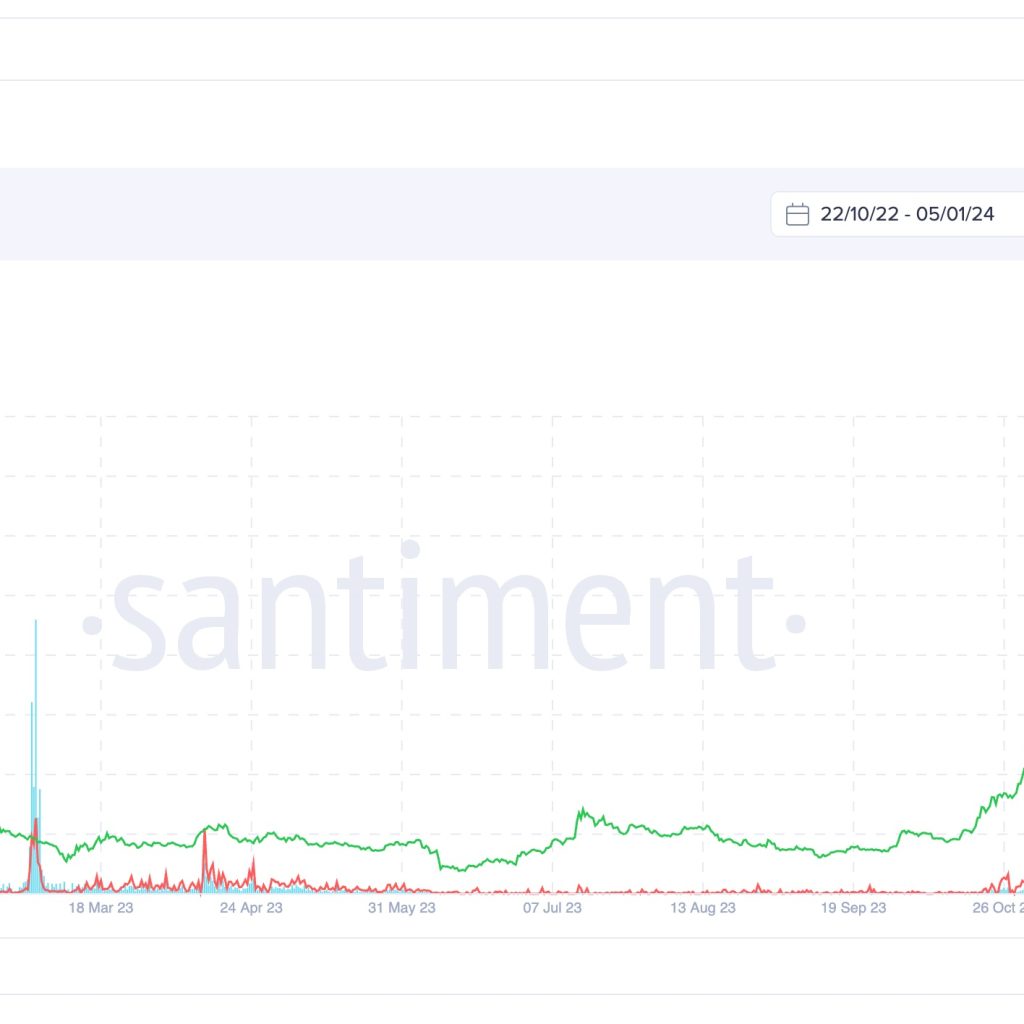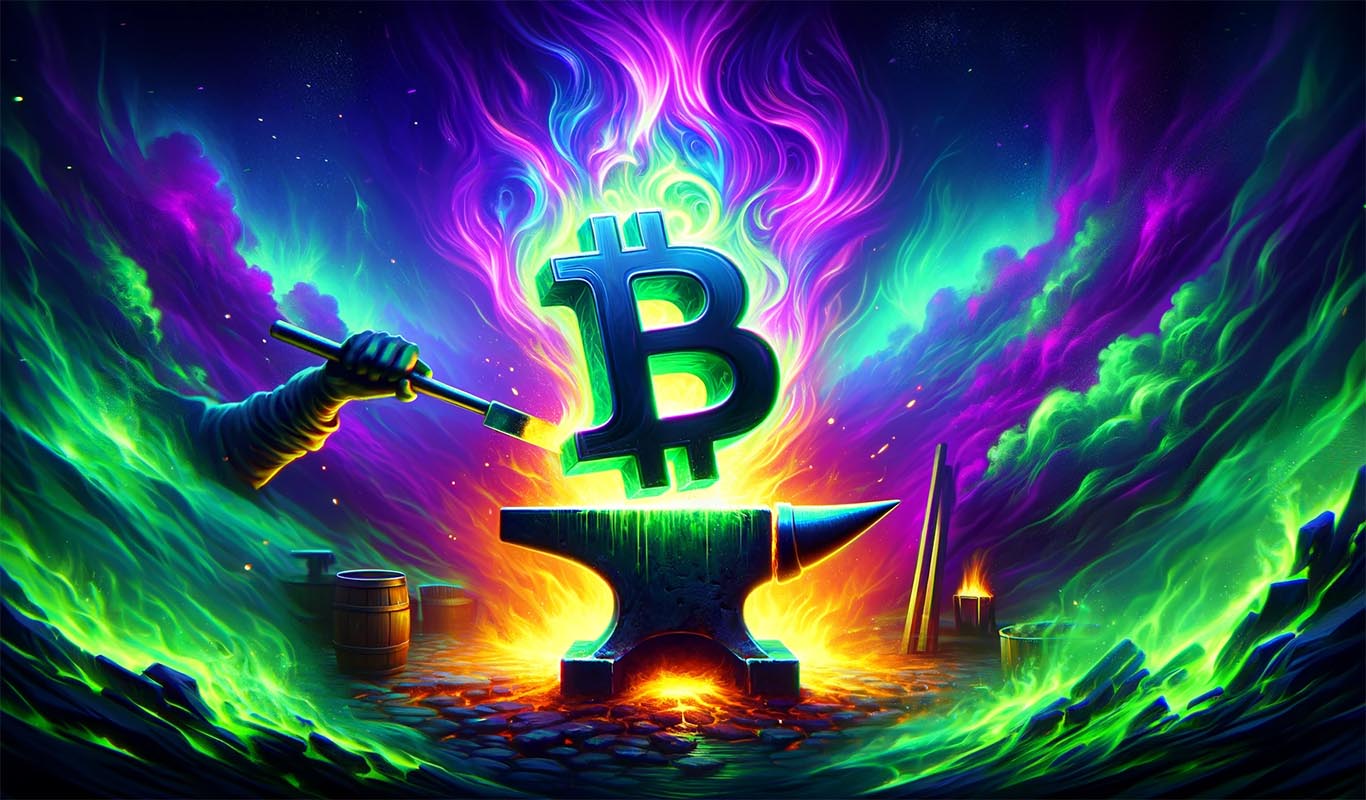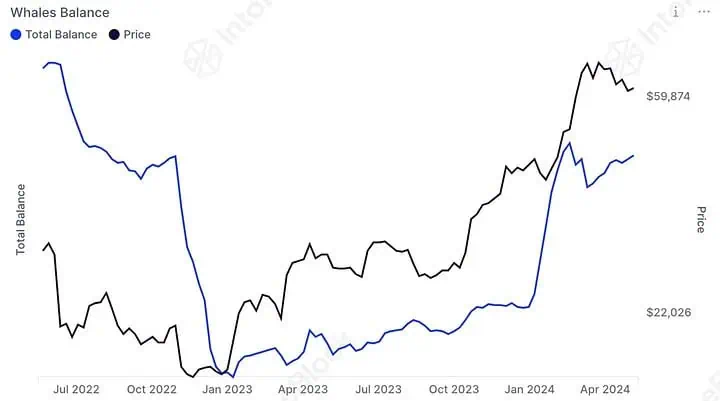The digital realm of bitcoin is congested, and it’s becoming a concern for users. Two weeks back, pending BTC transactions were sitting comfortably below 300,000.
Now, they’ve crossed the 400,000 threshold. This sharp spike in unconfirmed transactions, paired with fluctuating transaction fees, underscores the strain the network is currently facing.
A Two-week Surge of 100,000 Pending Transfers
From July 31 to August 20, 2023, the number of unconfirmed bitcoin transactions shot up from slightly below 300,000 to a jaw-dropping 411,544. This isn’t just a mere traffic jam; it’s a clear sign of a bottleneck in the system.
This current surge has put 124 blocks, accounting for over 238 megabytes of block space, in line to process the overwhelming pileup. On the bright side, the system’s performance has been commendable
. This past Sunday, the average block time was recorded at an impressive 9 minutes and 40 seconds. Adding to the optimism, the network’s hashrate reached an astounding 411.82 exahash per second.
If things continue at this pace, a 5.10% rise in the difficulty adjustment is on the horizon, setting the stage for it to breach the 55 trillion mark.
Daily Transactions and Ordinal Inscriptions Add to the Mix
The 411,544 unconfirmed transactions aren’t solely the product of standard financial transfers. Ordinal inscriptions are contributing heavily. By August 20, these inscriptions surpassed 25 million, with 234,120 being sent through the network on that day alone.
For context, on August 19, a total of 300,653 inscriptions had been produced. Although the buzz around Bitcoin-based NFTs seems to have toned down, the creation of inscriptions hasn’t taken a back seat.
When we shift our gaze to transaction fees, there’s a stark inconsistency. The average transaction fee is currently pegged at 0.000032 BTC, translating to $0.836. But from August 8 to August 12, users experienced a spike in charges, with some paying as much as $2.59 per transaction.
Mid-range fees stand at 0.0000084 BTC, or roughly $0.22. On August 8, users saw a median fee of $1.14. These oscillating fees point to the unpredictability users have to grapple with, which is far from ideal for a system that aims for seamless transactions.
Miners seem to be at their wit’s end, failing to streamline the pile-up of unconfirmed transactions. While they are undeniably doing their best, the backlog continues to grow. It’s a race against time, and the onus is on the bitcoin community to find a scalable solution.
To conclude, while bitcoin remains a revolutionary digital asset, the challenges it faces are real and growing. Its current transaction backlog and the subsequent strain on the network demand immediate attention.
After all, the essence of bitcoin lies in its decentralized and efficient system. It’s crucial for the platform to uphold this reputation, ensuring that users can transact with confidence and ease.
The future of bitcoin, while bright, is contingent upon effectively managing such setbacks. Only time will tell if the platform can navigate these challenges successfully.





